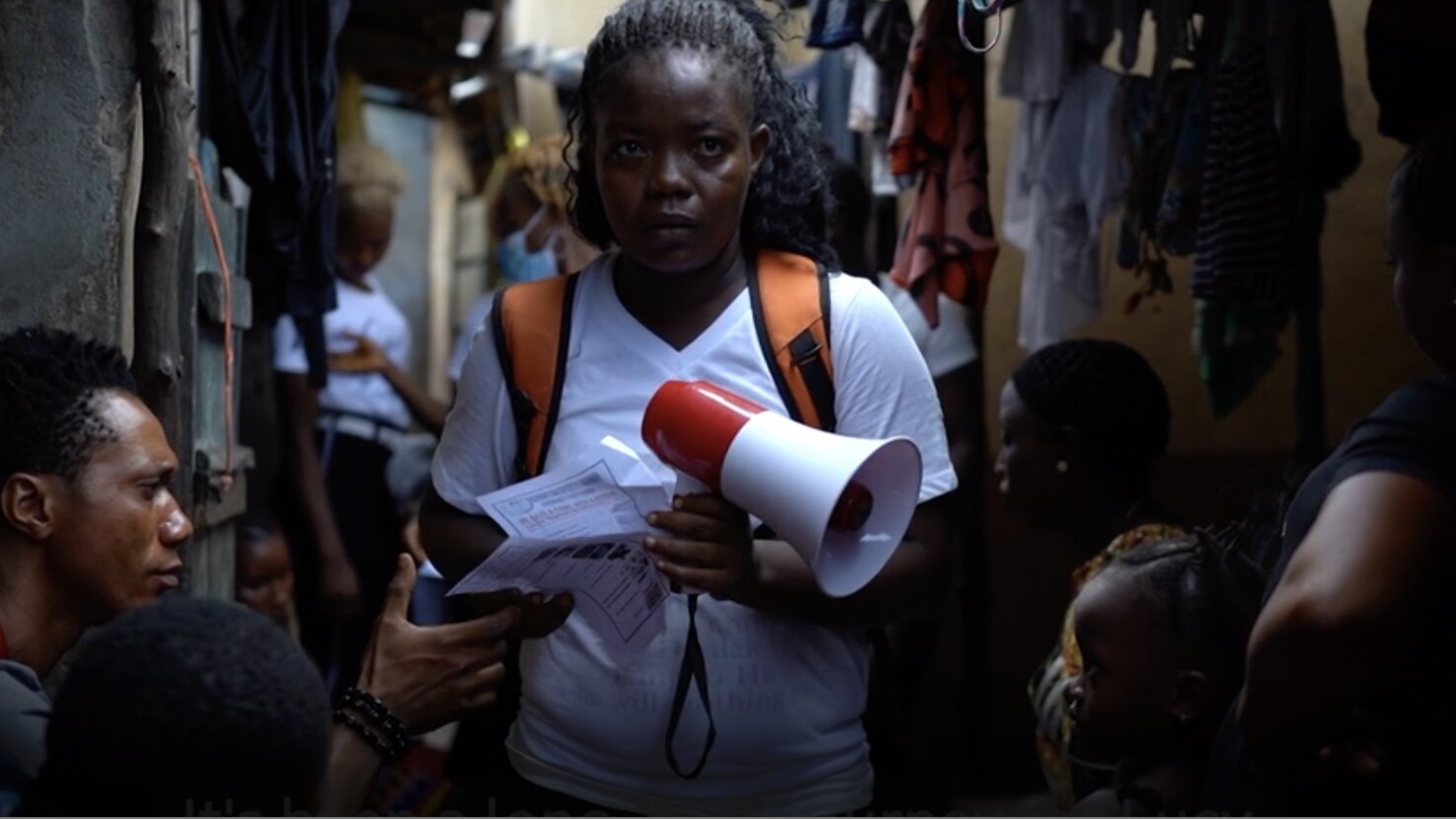These workers, often far from home and family, now confront not only the challenges of employment abroad but also the looming threat of violence in a region already marred by decades of instability. As the situation evolves, their hopes, dreams, and very lives hang in the balance.
While the fighting has so far been limited to southern Lebanon and Northern Israel, concerns are rising. The rest of Lebanon could get caught up as the conflict transforms into a wider regional clash. This is particularly alarming for the over 250,000 foreign domestic workers in Lebanon, a large number of whom are from Kenya and the Middle East.
"I feel stranded," Yolita, a Kenyan domestic worker in Beirut, told the BBC. "I can't afford the ticket to leave Lebanon." With the average monthly salary for migrant workers around $150, the cost of a flight to Kenya, which has risen to an estimated $1,000, is a significant barrier for many of the 26,000 Kenyans living in Lebanon.
Lebanon has historically been a destination for migrant workers pursuing better opportunities. However, thousands of African domestic workers face numerous challenges, both legal and societal, due to the Kafala system. This sponsorship arrangement, which ties workers' residency status to their employers, is a central factor contributing to the vulnerability of African domestic workers in Lebanon. It restricts their mobility, makes them dependent on their employers for basic rights, and exposes them to exploitation. Studies have shown that a significant percentage of domestic workers under the Kafala system report experiencing abuse or exploitation. The system's flaws have been widely criticized by human rights organizations and international bodies.
As potential conflict arises, these vulnerabilities could deepen. In times of crisis, migrant workers are often among the first to be neglected, struggling to access essential needs like food, shelter, and healthcare. Lacking a robust support system, and facing legal and social marginalization, their plight becomes increasingly urgent.
Supporting Vulnerable Workers
Efforts from groups like Human Rights Watch and Amnesty International highlight the lack of strong legal frameworks to protect these workers. While hotlines and shelters exist, they are often overwhelmed and under-resourced. Consequently, many domestic workers find it difficult to seek help in times of abuse or threats.
The Lebanese government's role is key, but their response has been inadequate, frequently failing to prosecute abusive employers or hold them accountable. Stronger enforcement mechanisms and improved training for security forces and the judiciary are needed to effectively respond to and investigate cases of abuse. In the absence of these measures, many workers are left to navigate the challenges by themselves.
Certain airlines worsen the situation by increasing fares. If domestic workers don't receive formal support from their embassies to return home, their situation could become increasingly desperate. Employers are generally responsible for providing the return ticket or ensuring the contract is terminated properly
Conclusion
Ultimately, the strength of a community is measured by how it treats its most vulnerable members. In facing potential conflict, protecting foreign domestic workers in Lebanon should be a priority, ensuring that their rights are upheld and that they are shielded from further hardship

